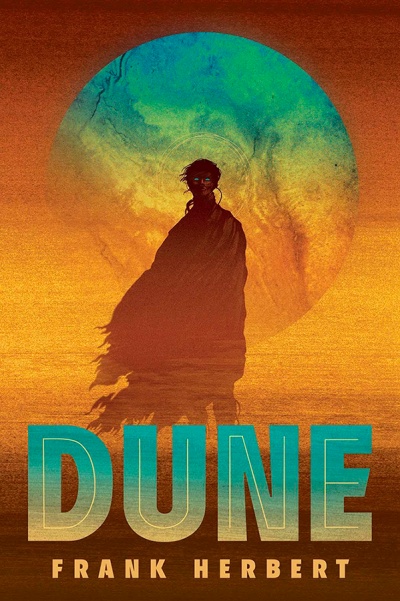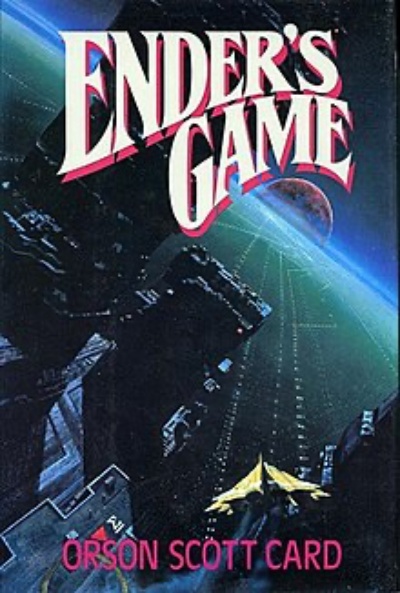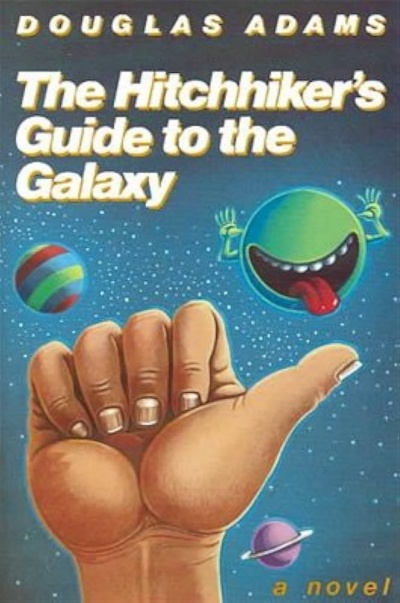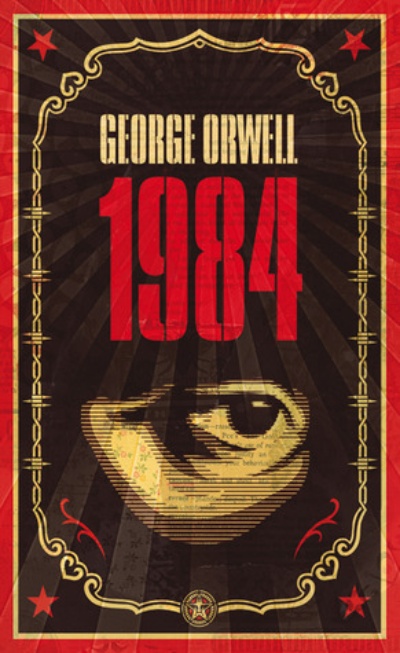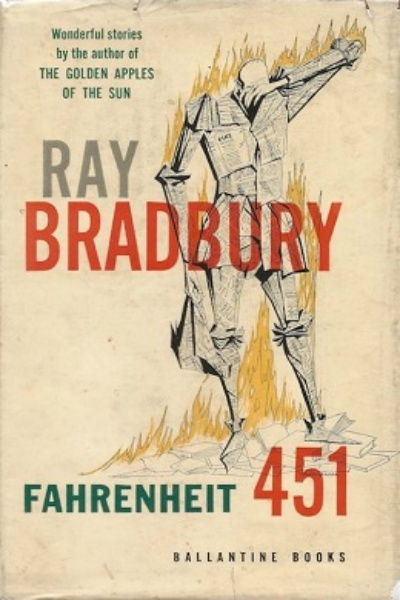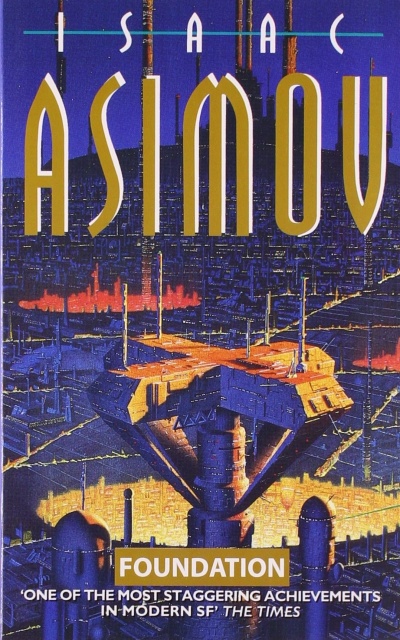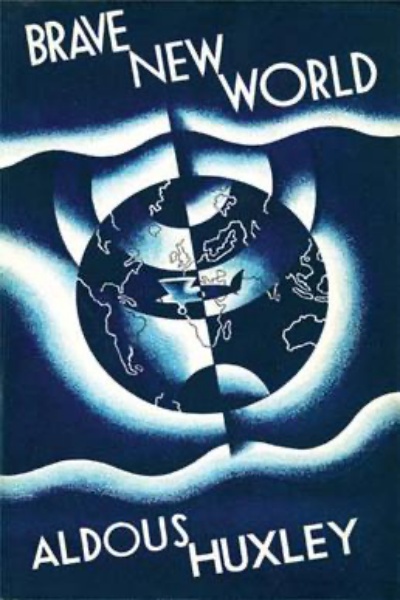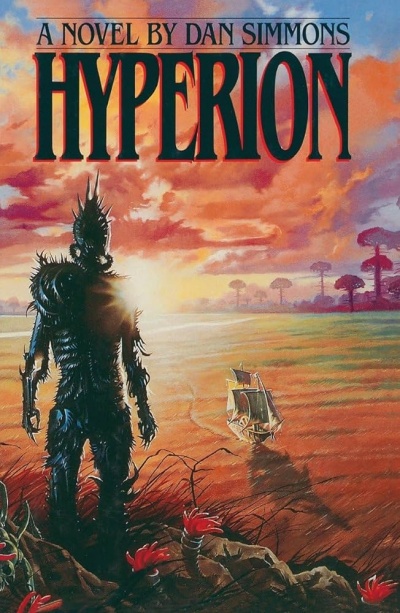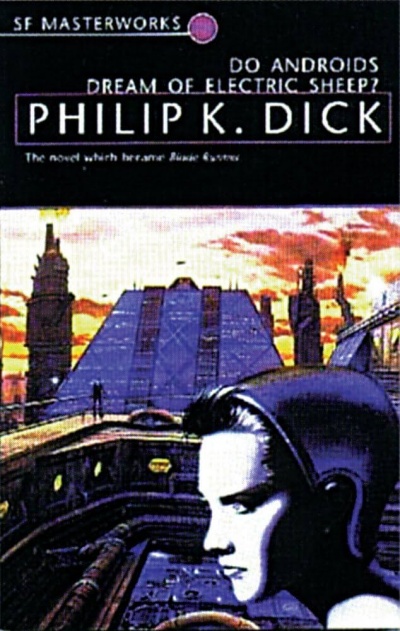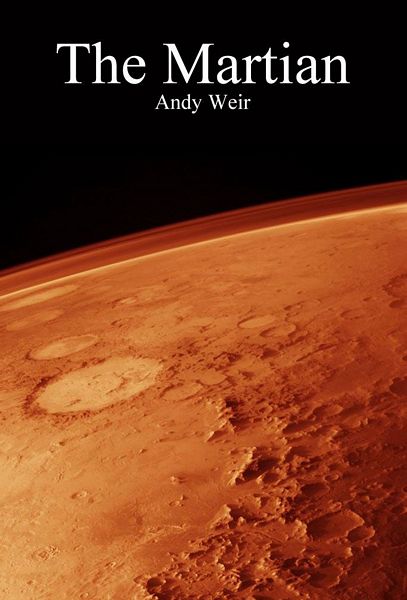10 Best Sci-Fi Books of All Time
Last Updated: May 8, 2025
When it comes to sci-fi literature, the options can seem overwhelming. To help narrow down the choices, here are the 10 best sci-fi books of all time that have captivated readers with their imaginative storytelling and thought-provoking themes.
Sources:
- Science Fiction: The 100 Best Novels – wikipedia.org
- Best Science Fiction Books – goodreads.com
- The Best Sci-Fi Books of All Time – penguinrandomhouse.com
